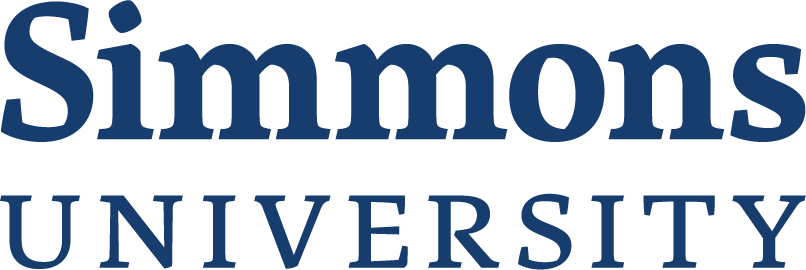PhD Scholarship in Philosophy, Monash University, Melbourne, Australia
Posted January 13, 2020
Location: Clayton campus
Employment Type: Full-time
Duration: 3 years and 3 months
Remuneration: Current value: AU$29,000 per annum 2020 full-time, tax-free stipend (indexed plus allowances).
If an international student is selected tuition fees will be covered, including Overseas Single Health Cover. For scholarship procedures and conditions, please visit this link.
The Opportunity
As part of the Australian Research Council Future Fellowship, ‘Substructural logics for limited resources’ (FT190100147), up to two PhD scholarships are available at Monash University. Primary supervision will be provided by the Future Fellow, Dr David Ripley.
Deductive reasoning takes time, memory, effort, attention, sometimes scratch paper, etc: in short, resources. This means it’s entirely possible to have enough resources to reason either from A to B or from B to C, but still not to have enough resources to be able to put those steps together and reason all the way from A to C. In short, deductive reasoning under conditions of limited resources is nontransitive. The same goes for computation: computing things takes resources, and so it’s possible to be in a position to compute either a B from an A or a C from a B without yet being in a position to compute a C from an A.
This project aims to study and develop substructural, and in particular nontransitive, logics for modelling both deductive reasoning and computation under these conditions of limited resources. For deductive reasoning, the hope is that this will shed new light on the ways in which deduction can be informative. For computation, the hope is that this will facilitate the design of programming languages that will help manage these limited resources. The backbone of the project is in pure logic: in developing the theory of nontransitive logics for resource management, and in relating this to existing work on noncontractive logics (such as linear logic) for resource management. The precise details of the PhD research are flexible and responsive to the successful applicants’ expertise and interests, and will be confirmed through discussions between successful applicants and the supervisors.
Monash University is the largest university in Australia and regularly ranks in the top 100 universities worldwide. Monash has six globally networked campuses and international alliances in Europe and Asia. The applicant(s) will be based at the Clayton campus in Melbourne. Melbourne is frequently cited among the “Most Liveable Cities in the World”.
Successful candidates will also be a part of the Melbourne Logic Group, an informal interuniversity group involving experts in substructural logics such as Lloyd Humberstone (philosophy, Monash), Tomasz Kowalski (mathematics, La Trobe), and Greg Restall (philosophy, University of Melbourne). The group meets weekly during semesters and regularly hosts speakers from a wide range of areas in logic.
In addition to the scholarship, research candidates in the Faculty of Arts also have access to funding for research trips spanning conferences and major events relevant to their own independent research, as well as other research-related expenses.
Candidate Requirements
The successful applicant will have an excellent academic track record in logic, whether in philosophy or in some other discipline relevant to the project, such as computer science, linguistics, or mathematics. Experience in substructural logics, in particular, is desirable but not essential.
Applicants will be considered if they fulfil the criteria for PhD admission at Monash University. Details of eligibility requirements to undertake a PhD in the Faculty of Arts are available here.
Candidates will be required to meet Monash admission requirements which include English-language proficiency skills. Scholarship holders must be enrolled full-time and on campus.
Successful applicants will be expected to enrol before July 2020. However, there may be some flexibility as to the date of commencement.
Please note: applicants who already hold a PhD will not be considered.
Enquiries
Enquiries concerning the research project and other academic matters should be directed in the first instance to Dr David Ripley by email: [email protected]
Submit an Expression of Interest
EOIs shall comprise:
-
A cover letter that includes a brief statement of the applicant’s suitability
-
A research proposal not exceeding 750 words in length
-
A curriculum vitae, including a list of any published works, conference presentations and relevant work experience
-
A full statement of academic record, supported by scanned copies of relevant certified documentation
-
Contact details of two academic referees
It is expected that applicants will have been in discussion with Dr Ripley prior to submission of the EOI.
EOIs must be sent, in the form of a single pdf attachment to an e-mail, to June Park, Senior Graduate Research Administrator, Faculty of Arts, at the following e-mail address: [email protected].
Shortlisted candidates will be interviewed, over Skype if necessary. The interviews will be conducted in English.
Closing Date:
Friday 14 February 2020, 11:55 p.m. AEDT
